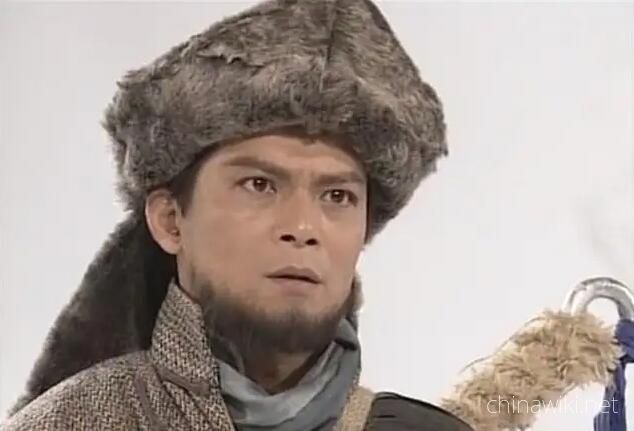Gu Gao
Gu Gao
Gu Gao (1763-1832) was born in Wuxi, Jiangsu Province. The word Qingfen, the number of stone. He studied in Donglin Academy. Jiaqing six years (1801) champion, successive cabinet bachelor, Minister of rites, Ministry of works minister, Ministry of household minister and Minister of education. Participate in "the Pearl forest in the secret palace" and "the treasure collection of Shiqu".
He is good at painting and calligraphy. He is good at painting from life and has elegant colors.
He has written nine kinds of poems, such as ancient prose of Mozhu poetry studio and Jinghua CI.
Life of the characters
In the sixth year of Jiaqing (1801), Gu Gao won the first place in the examination and became the 66th champion since the founding of the Qing Dynasty. He taught the Imperial Academy to write and master the history of the country. After the imperial edict, he supervised the academic administration in Guizhou, straightened out the academic administration, and eliminated the accumulated disadvantages, which were praised by scholars. At the end of his three-year term, he was promoted to the post of deputy director of the Imperial College.
Jiaqing 21 years (1816) for Shaanxi provincial examination. He was ordered to enter the maoqin hall. Maoqin hall is located in the southwest of Qianqing palace, where emperors often read books, read memorials and appreciate paintings and calligraphy. Gu Gao was ordered to participate in "the Pearl forest of the secret palace" and "the treasure collection of Shiqu". In the following years, he successively served as the imperial academy assistant, the left and right concubines, the assistant lecturer and the assistant scholar.
Jiaqing 24 years (1819), into the value of the study. The upper study is on the left side of the Qianqing palace. It is the reading Office of the prince. The teachers are appointed by the emperor and are called "teaching masters". They are all held by ministers with high learning. In the following year, Emperor Jiaqing promoted Gu Gao to Zhan Shi, the head of Zhan Shi's office in the east palace.
In the first year of Daoguang (1821), Gu Gao was promoted to cabinet bachelor and Minister of rites. Soon after, he was promoted to minister of the Ministry of work, and immediately transferred to minister of the Ministry of accounts, concurrently in charge of the supervisory affairs of the State Council. In the fifth year of Daoguang, he was the chief examiner of Shuntian rural examination and promoted to Bachelor degree.
Gu Gao is a conscientious man and keeps himself clean. When he was appointed to the Ministry of household affairs, he abided by the law impartially and conscientiously. To learn from Guizhou, to open up the style of writing. Gu Gao's poetry style is elegant. He is good at painting and calligraphy. He is good at painting from life and has elegant colors. The painting of orchid and bamboo is very popular. He has written nine kinds of poems, such as ancient prose of Mozhu poetry studio and Jinghua CI.
In 1828, in the eighth year of Daoguang, he returned to his hometown Wuxi on the pretext of illness. Since then, he has been studying and painting behind closed doors, and has little contact with people. Daoguang died of illness in his hometown in the eleventh year at the age of seventy.
Chinese PinYin : Gu Gao
Gu Gao
-
Hu Yidao
Hu Yidao is a character in Jin Yong's novel Flying Fox on Snow Mountain. The father of Hu Fei, the hero of Flying Fox, is the descendant of Li Zicheng, the leader of the four guards of the peasant uprising in the late Ming Dynasty, who is called "Fly. Hu Yi Dao
Views: 82 Time 2021-03-15

